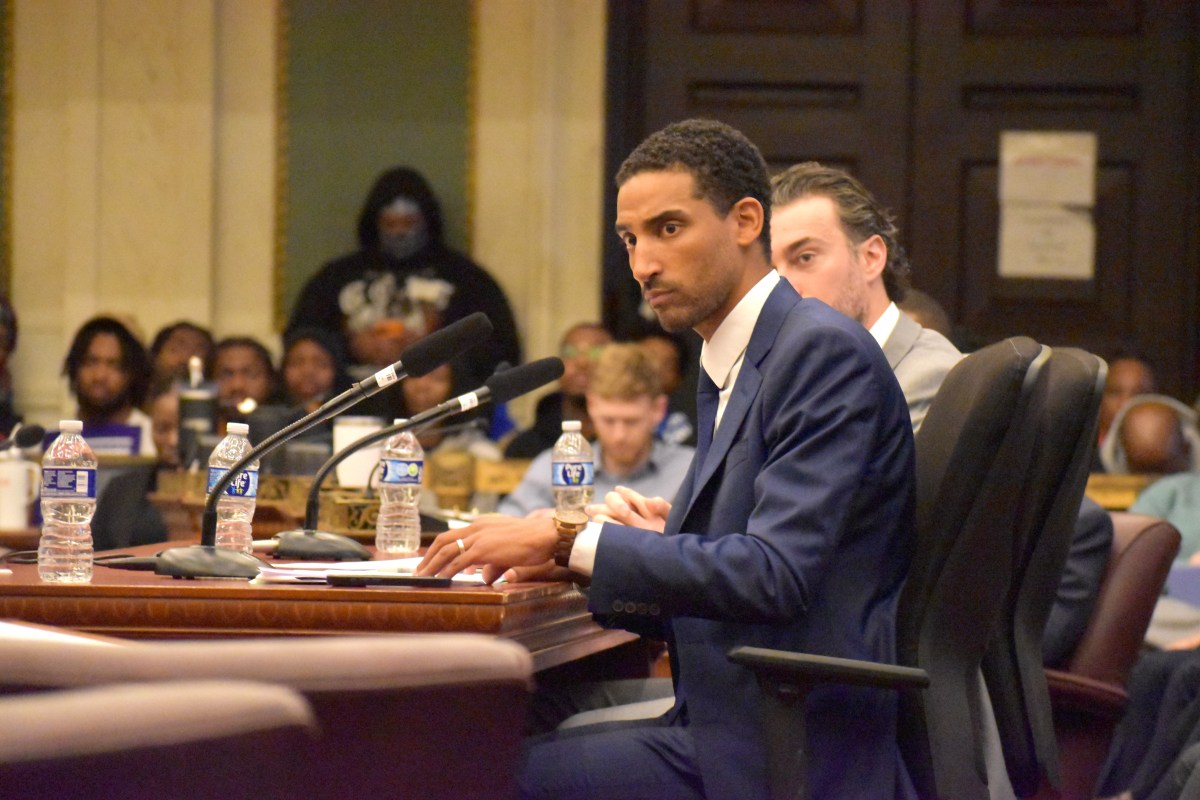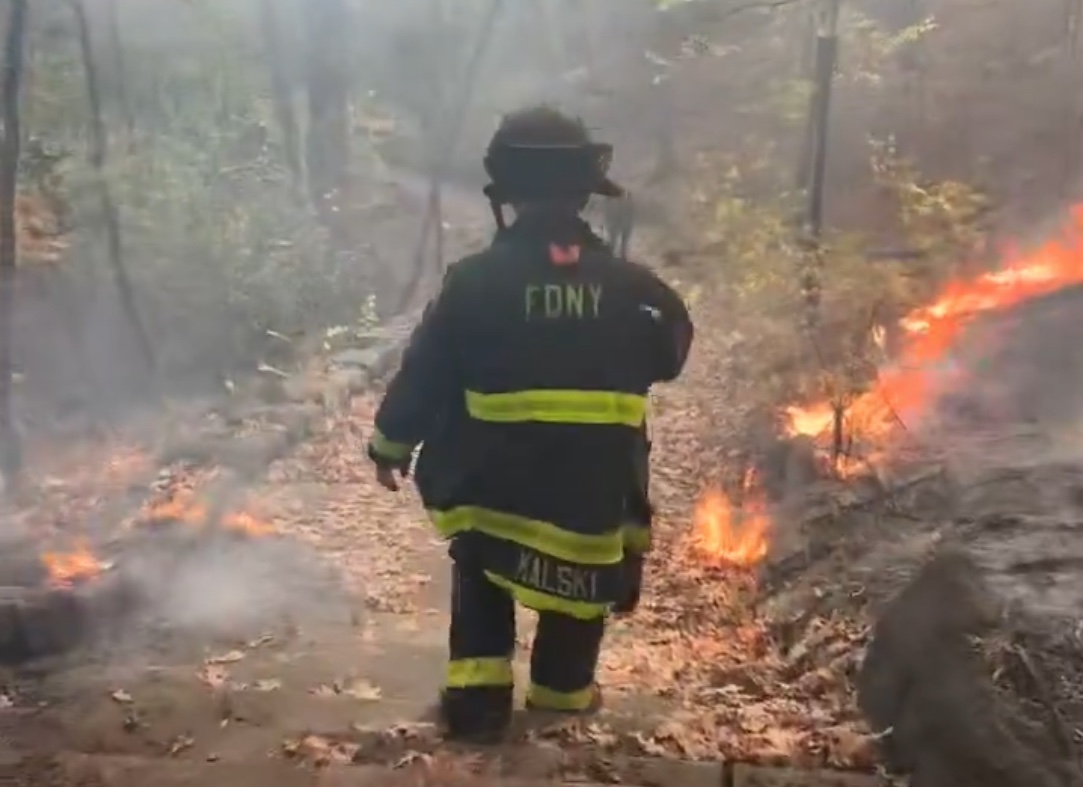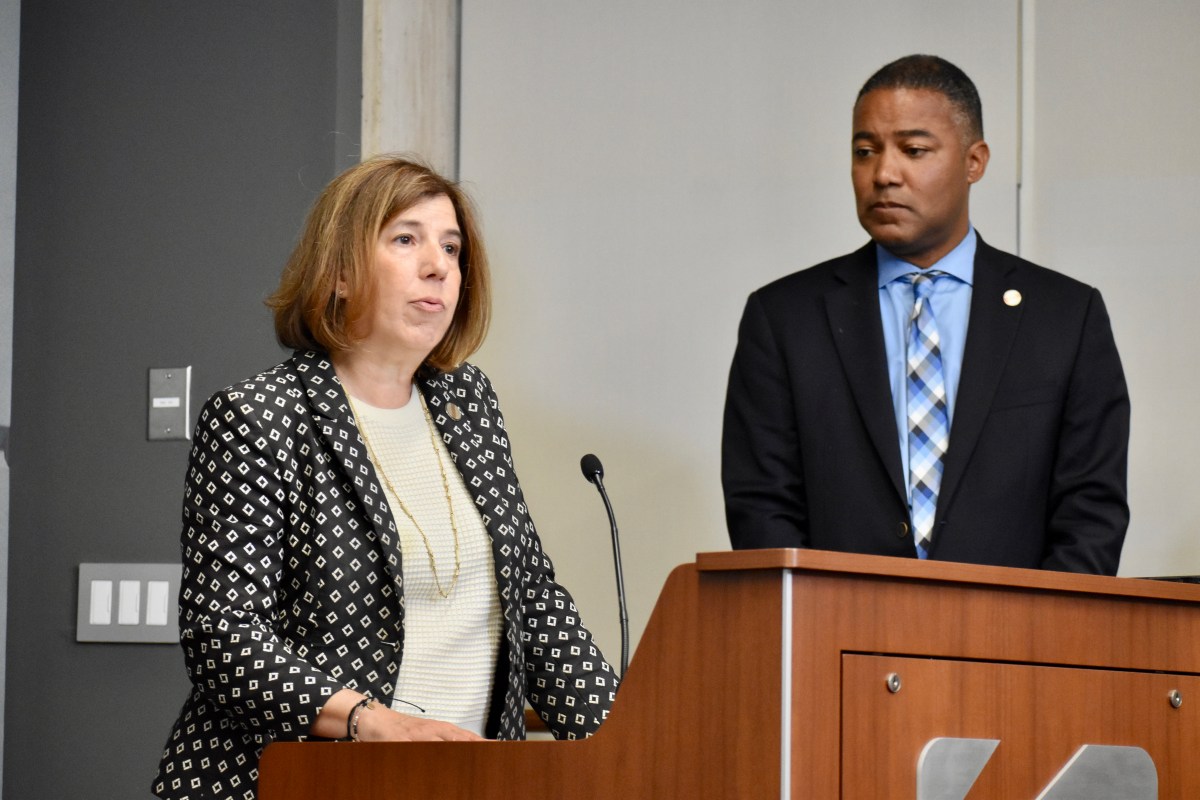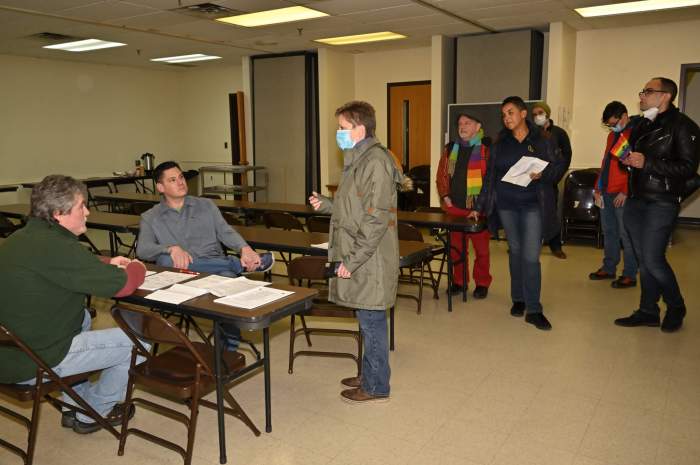THE HAGUE, Netherlands (AP) — The Dutch leader said he is ashamed that hundreds of asylum-seekers have been forced to sleep in the sweltering heat outside an overcrowded migrant reception center, as his government announced measures Friday to ease the situation by providing more accommodations and temporarily restricting migration.
“It is terrible what is happening in Ter Apel,” Prime Minister Mark Rutte said, referring to the center in the northeastern village of Ter Apel.
But, he added: “I think together we have found a way out of this problem.”
Among a raft of measures announced by Rutte’s four-party ruling coalition were moves to temporarily rein in family reunions of migrants who have been granted refugee status, provide more housing for people whose asylum requests are honored and process and repatriate people quicker from countries that are considered safe.
Part of the current crisis is that people who have been granted refugee status remain stuck in asylum-seeker centers because they have no place to move to amid a nationwide housing crisis.
The Netherlands also will temporarily stop accepting, for this year and in 2023, migrants who were supposed to be sent to the Netherlands as part of a European Union deal with Turkey in 2016 amid an EU-wide migration crisis, said the minister in charge of migration and asylum, Eric van der Burg.
Authorities moved 150 migrants Thursday night from the overcrowded Ter Apel asylum-seekers center to two sports halls in the central city of Apeldoorn, alleviating the suffering of people who have been camped in the open air. The city said it had provided short-term accommodations to ease the crisis and that the asylum-seekers would move after four days to another location.
Van der Burg said the Dutch military would help set up a location to house some people now sleeping outside in Ter Apel.
Hundreds of migrants have been sleeping outdoors in squalid conditions just outside Ter Apel because the asylum center there is too full to house them. The situation is so grim that Doctors Without Borders sent a team there Thursday, the first time the agency has launched a mission in the Netherlands.
Rutte conceded that, despite the new measures, some people seeking asylum would remain sleeping outside the Ter Apel complex over the weekend.
A 3-month-old baby died at the Ter Apel center this week and authorities are investigating the cause of death. On Thursday two men were taken to the hospital, one for a heart attack and another for diabetes that had gone untreated for weeks.
“These are 700 people sleeping rough: No showers, very bad facilities, no health care,” Doctors Without Borders’ Dutch director, Judith Sargentini, told The Associated Press about the situation at Ter Apel.
While many Dutch towns and cities have offered places for Ukrainians who fled the war in their country, the welcome has worn thin for asylum-seekers from other countries. Most people arriving in Ter Apel are Syrians fleeing their nation’s grinding civil war.
Follow AP’s coverage of migration issues at https://apnews.com/hub/migration





















